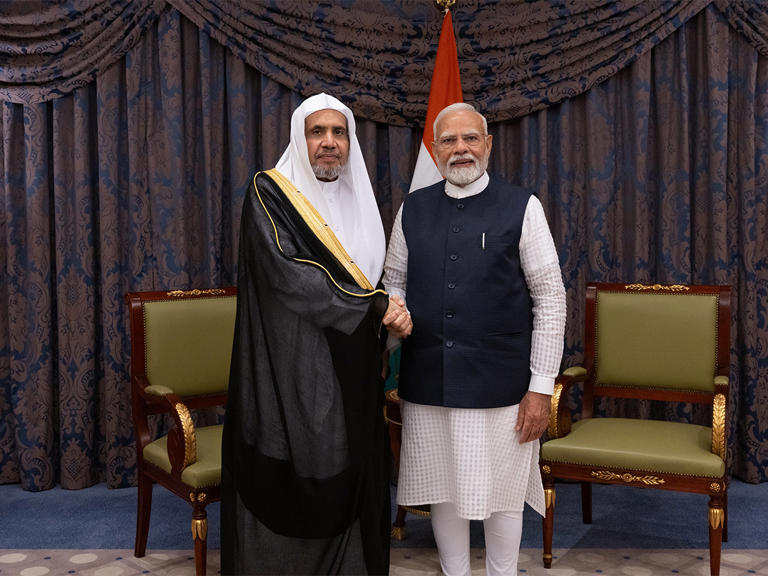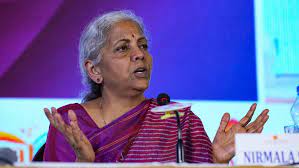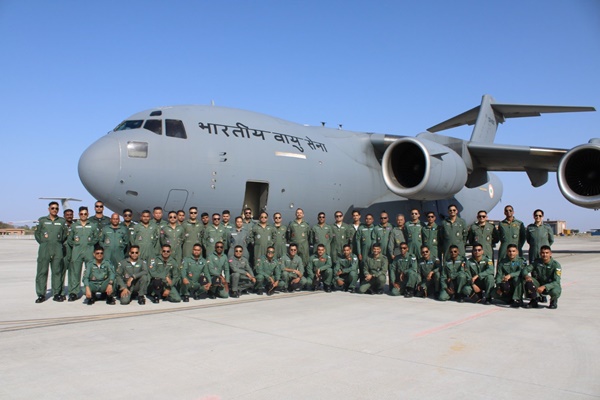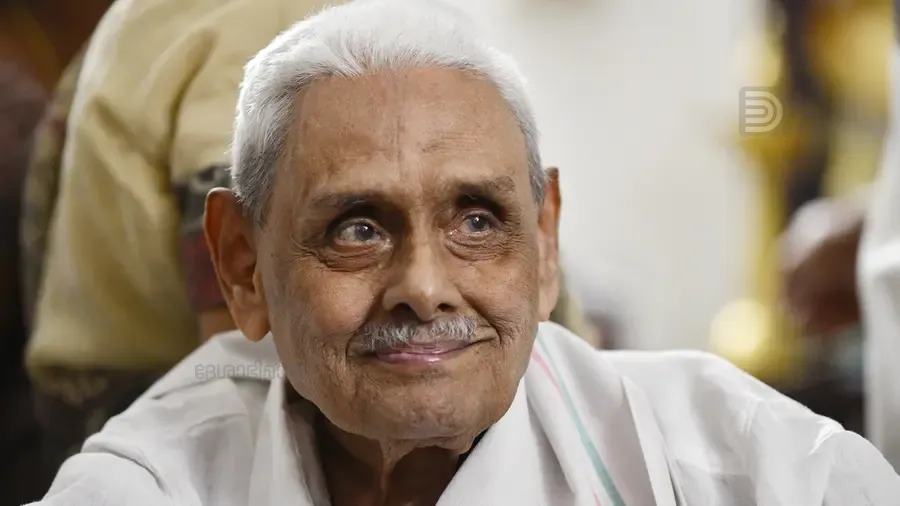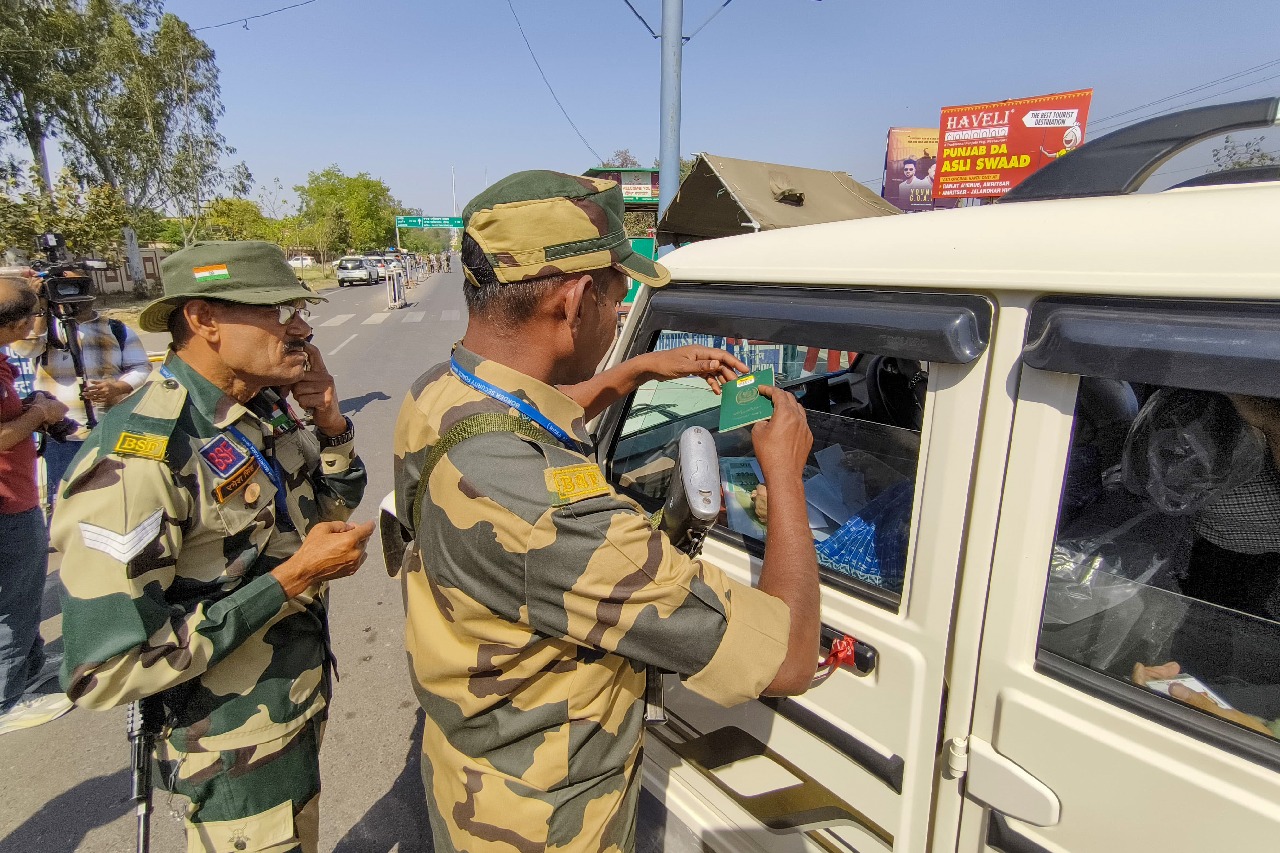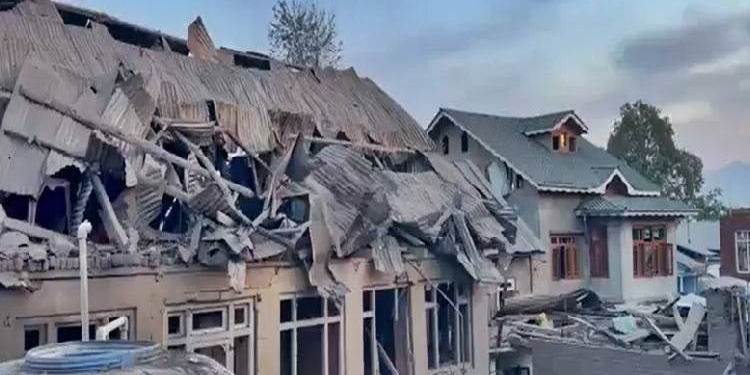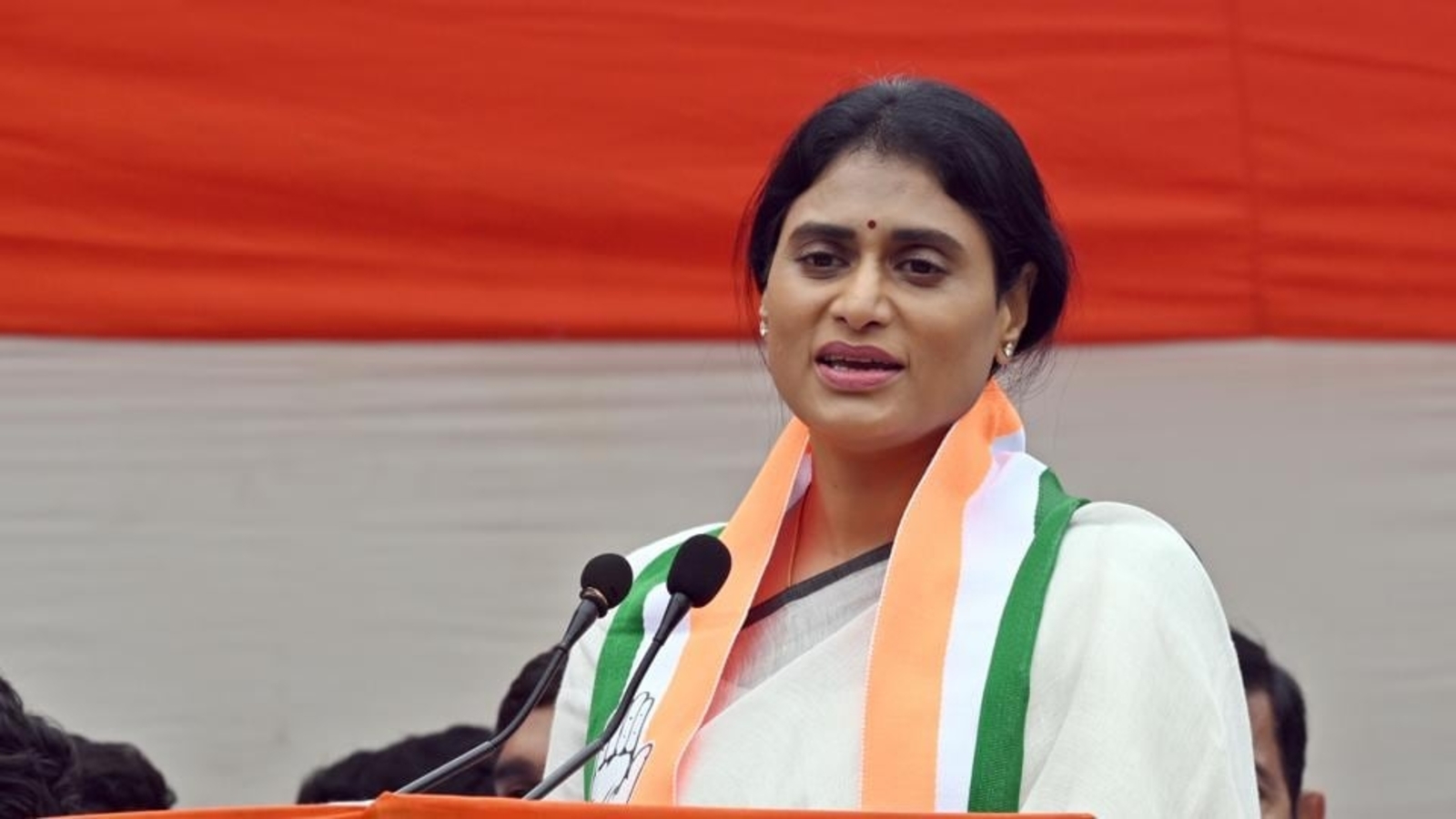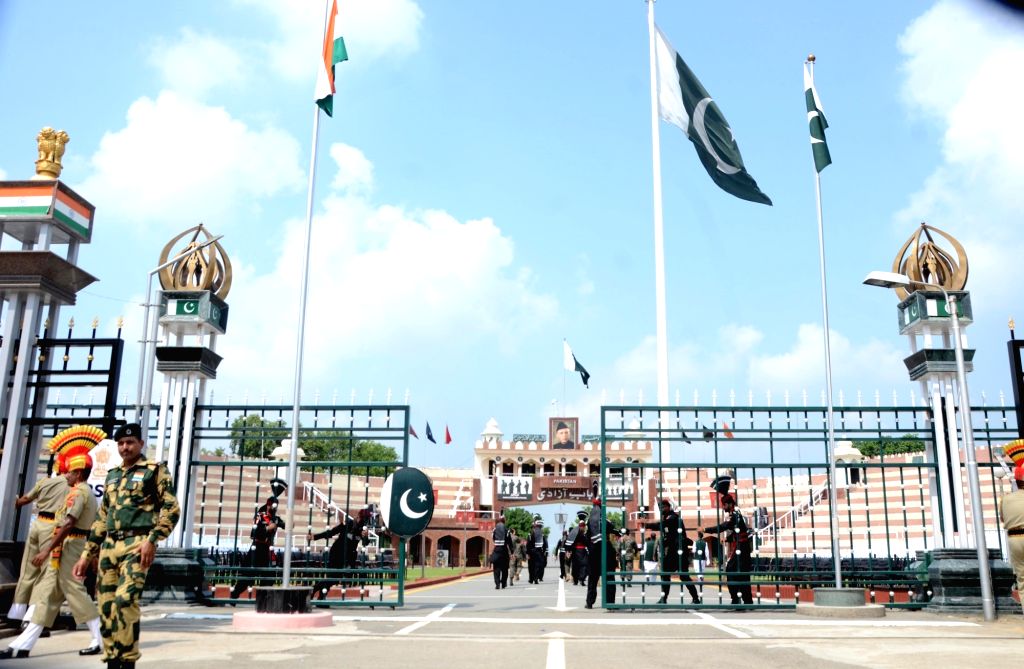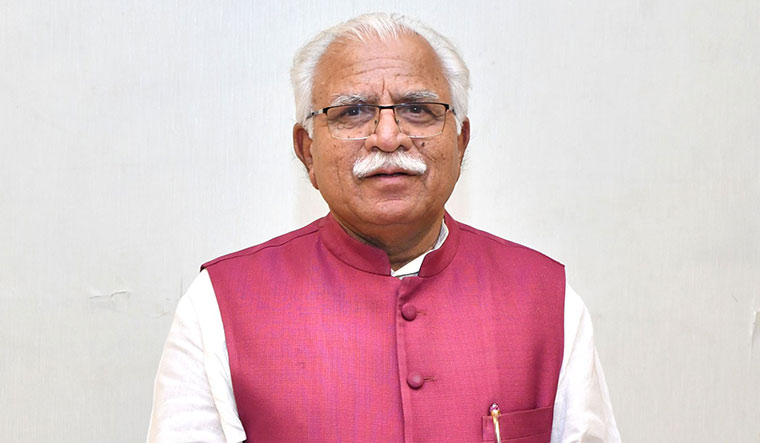Irom Sharmila to end 16-year fast, fight elections
Wed 27 Jul 2016, 10:08:46
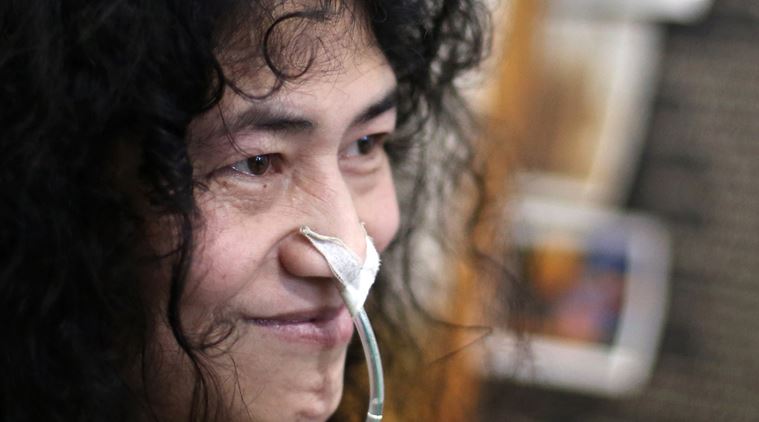
Irom Sharmila, whose 16-year hunger strike thrust rights abuses by Indian armed forces into public imagination, is set to end her fast, contest elections and, if everything goes to plan, also marry her Goan-British boyfriend.
The 43-year-old has been campaigning to scrap a law that shields troops from prosecution, but on Tuesday she said her struggle had been lonely and unfruitful. This left her with little choice but to “change my approach as I want to see success”.
“In my 16 year of journey, I see no visible change except the routine detention,” said Sharmila, speaking with her nose tube on that the authorities have used for years to force-feed her a sludgy mix of nutrients.
She told reporters that she would eat again on August 9 -- ending probably what is the world’s longest hunger strike -- and contest assembly polls due next year as an independent candidate.Sharmila stopped eating and drinking in 2000 after allegedly witnessing the army kill 10 people at a bus stop near her home in Manipur, which is subject to the controversial law that gives Indian forces sweeping powers to search, enter
property and shoot on sight.
property and shoot on sight.
“My fight so far has been all alone and so I have decided to wage a war against the Act democratically by becoming a lawmaker instead of continuing with my fast,” she told reporters, referring to the Armed Forces (Special Powers) Act (AFSPA).
From the days of Mahatma Gandhi to the more recent anti-corruption protests of Anna Hazare, India has a long history of activists using hunger strikes as a tool of protest. But Sharmila’s fast caught global attention for its sheer duration.
Almost immediately after she began her fast she was arrested under a law that makes attempting suicide a crime, leading Amnesty International to call her a “prisoner of conscience”.
She has been confined to a hospital ward in Manipur’s capital, Imphal, and is force-fed via a plastic nasal drip several times a day.
The controversial law, which traces its origins to a British-era ordinance used to suppress the Quit India Movement of 1942, is blamed by human rights groups for illegal killings and arbitrary detentions by security forces. The military denies misusing the law.
No Comments For This Post, Be first to write a Comment.
Most viewed from Specials
Most viewed from World
AIMIM News
Latest Urdu News
Most Viewed
May 26, 2020
Do you think Canada-India relations will improve under New PM Mark Carney?
Latest Videos View All
Like Us
Home
About Us
Advertise With Us
All Polls
Epaper Archives
Privacy Policy
Contact Us
Download Etemaad App
© 2025 Etemaad Daily News, All Rights Reserved.



